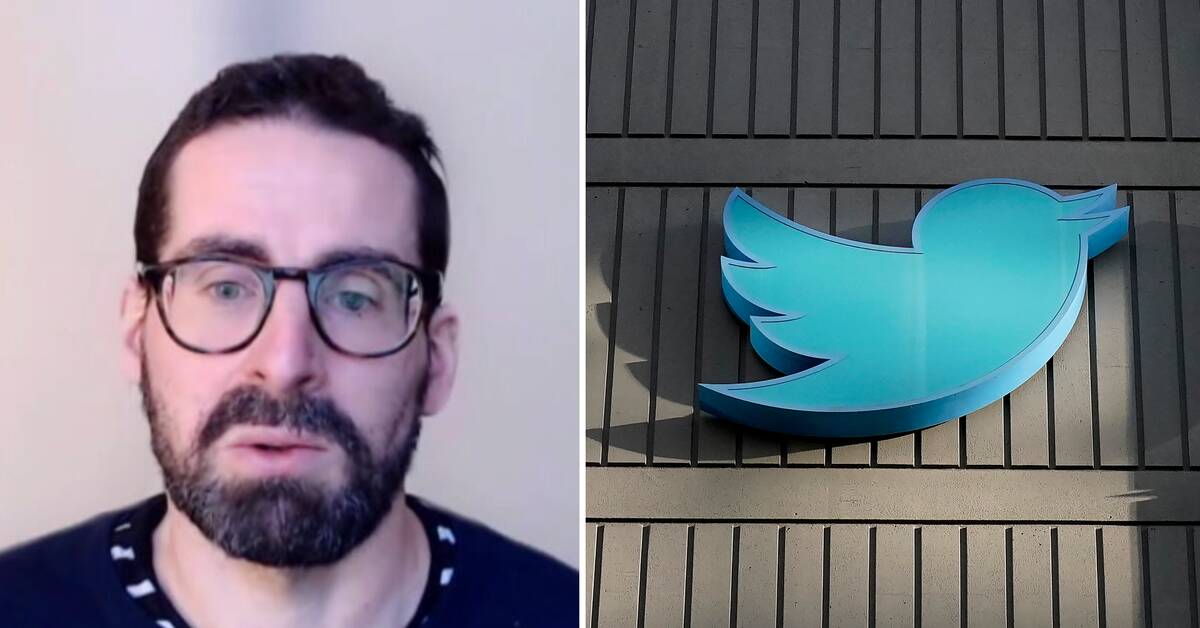It was on Wednesday that Twitter chose to shut down the account @elonjet which followed in real time the whereabouts of the company's newly crowned CEO Elon Musk's private plane.
The following day, the accounts of several American journalists were shut down.
Among others, it is the journalist Donie O'Sullivan from CNN, Ryan Mac from The New York Times and Washington Post-based Drew Harwell who have been affected.
They had reported on both Musk and the account dedicated to his private plane.
- If you don't want journalists on the platform, it's a clear signal that you don't want an examination of the platform and yourself, says Marcin de Kaminski, who is head of security and innovation at Civil Rights Defender and also sat on the now defunct security council on Twitter.
Musk has previously labeled himself a free-speech fundamentalist, something de Kaminski disagrees with.
- If you block journalists, you are not working for freedom of expression but against it, and the only thing I think is fundamentalist about it is Elon Musk himself.
Threats of sanctions
The suspension of the journalists has drawn criticism from many quarters.
Erik Halkjear, chairman of Reporters Without Borders Sweden, believes that Elon Musk censors people he doesn't like.
- We have worked for many years on trying to get transparency and openness about how to limit and censor accounts.
This proves that even more is needed.
Now the platform is in the hands of a person who treats this as his own media ministry, he says.
EU Commissioner Vera Jourova is also critical.
On Twitter, she writes that the suspensions are worrying, and also threatens sanctions against Twitter.
“Elon Musk should be aware of that.
There are red lines.
And sanctions, too," she writes.
Restriction of freedom of expression
Marcin de Kaminski thinks that Twitter is currently undergoing developments that are worrying.
- Those affected will neither be Elon Musk nor the few people who have a lot of freedom of expression, but it will be the large mass who need freedom of expression, such as activists who need Twitter as a platform for freedom of expression, says Marcin de Kaminski.

